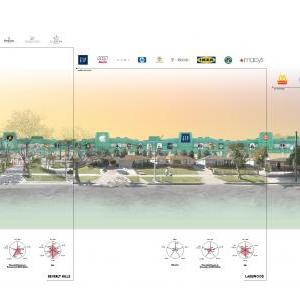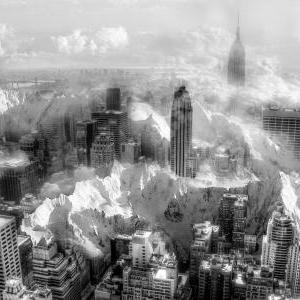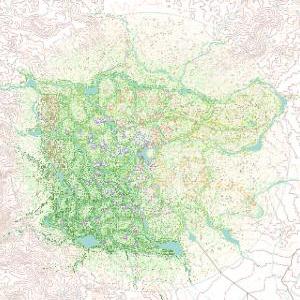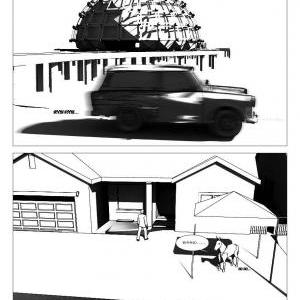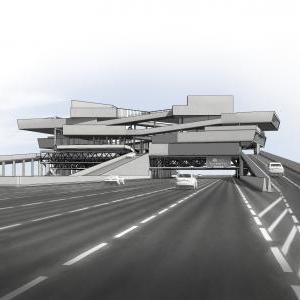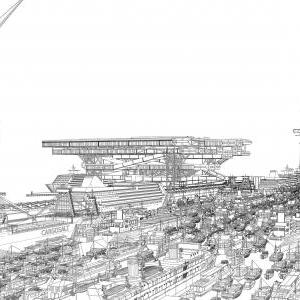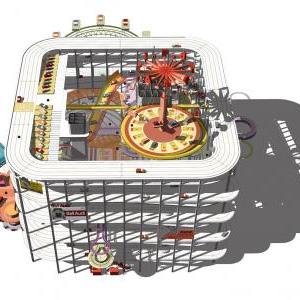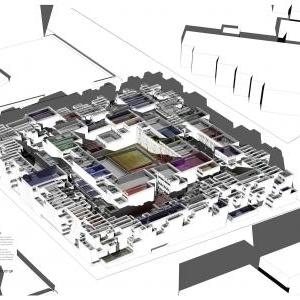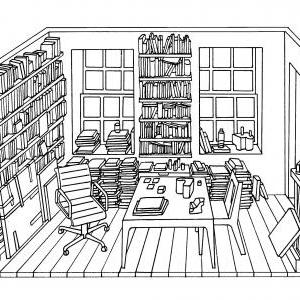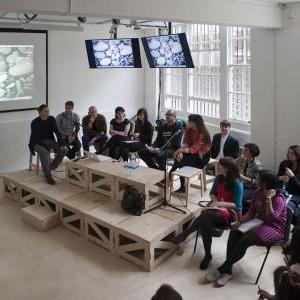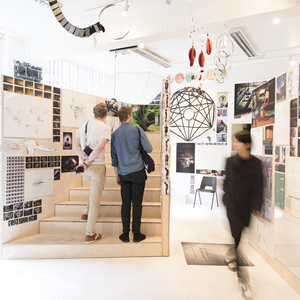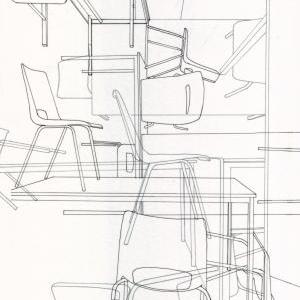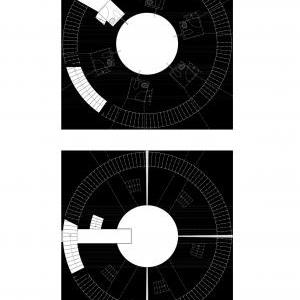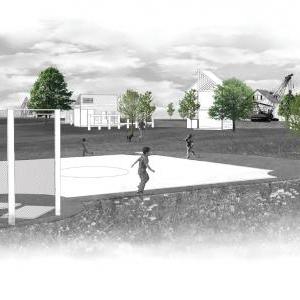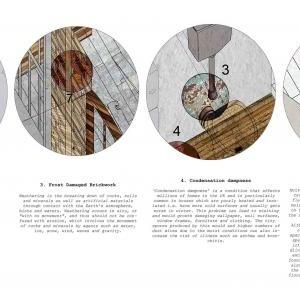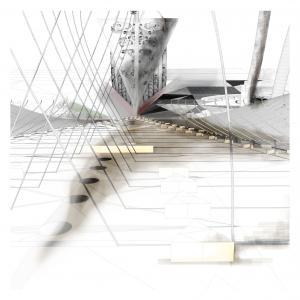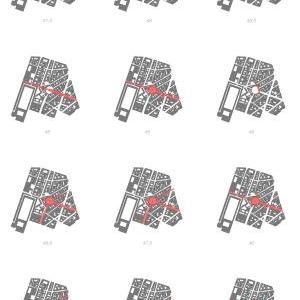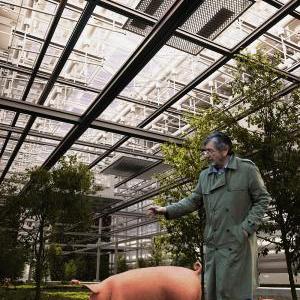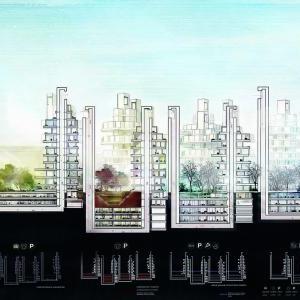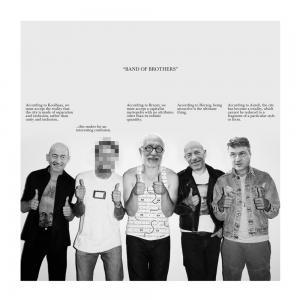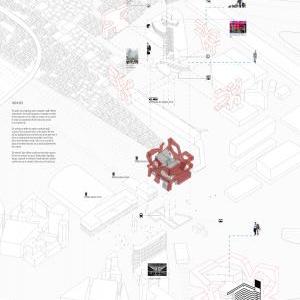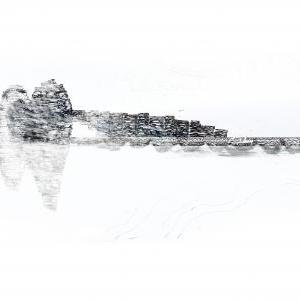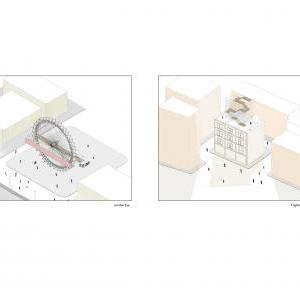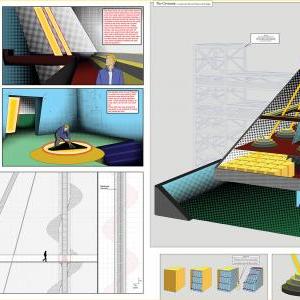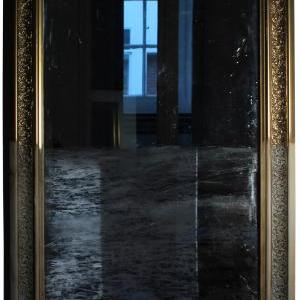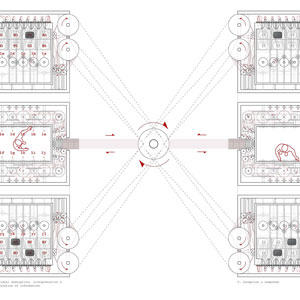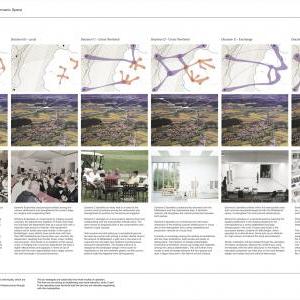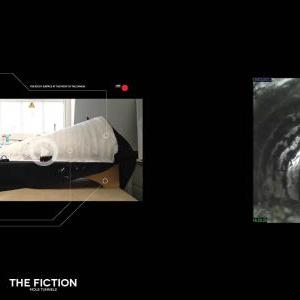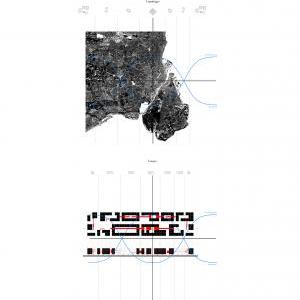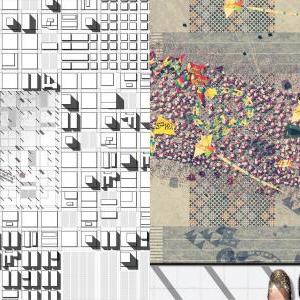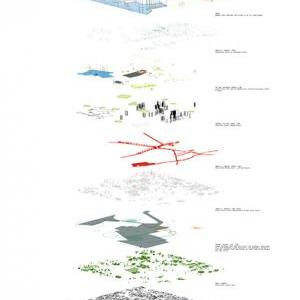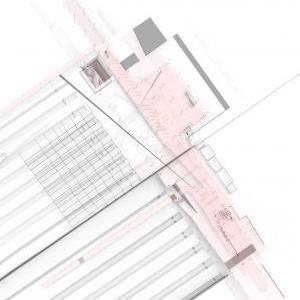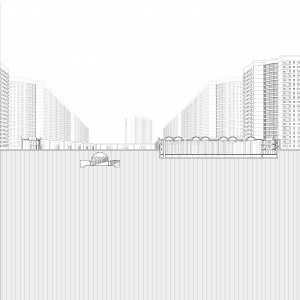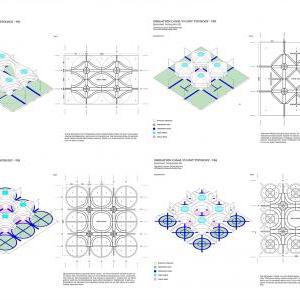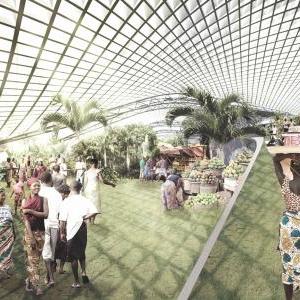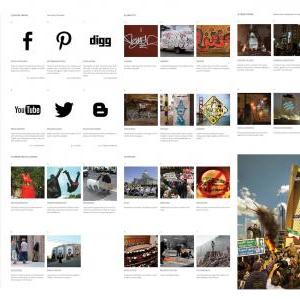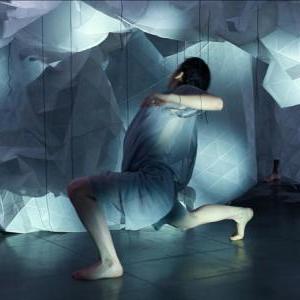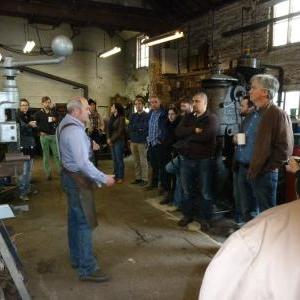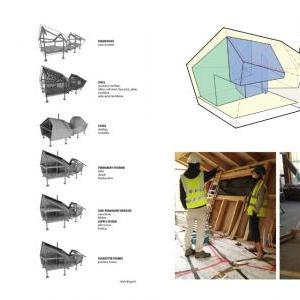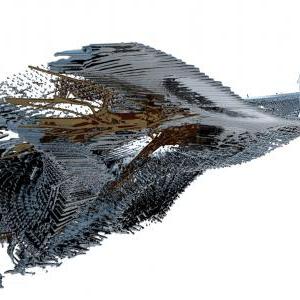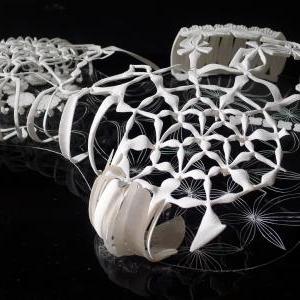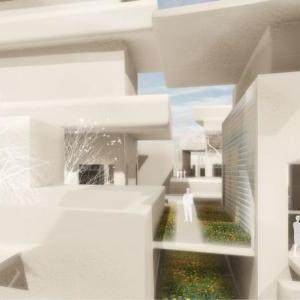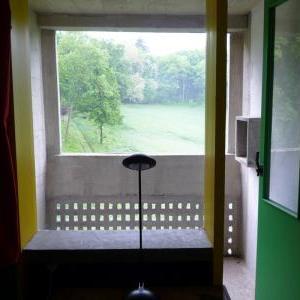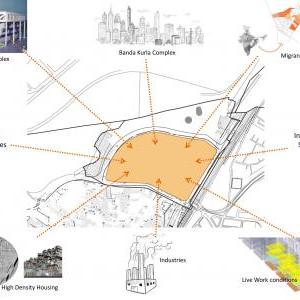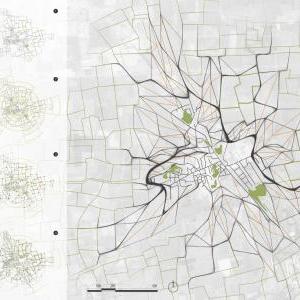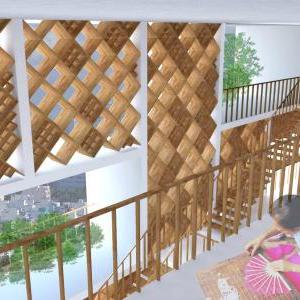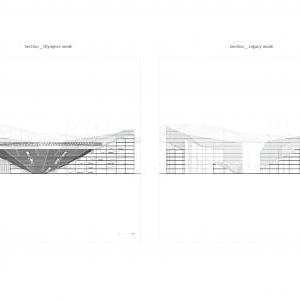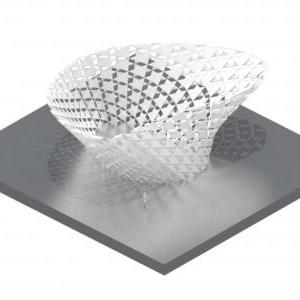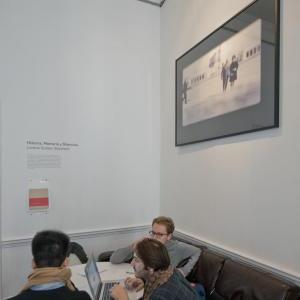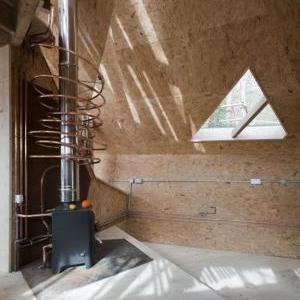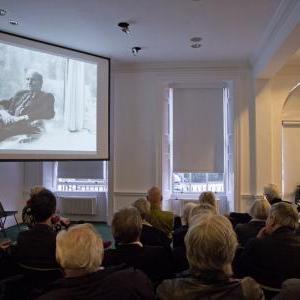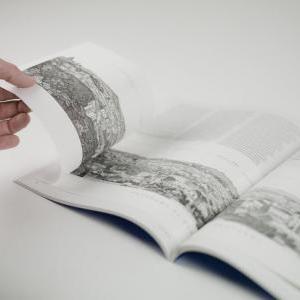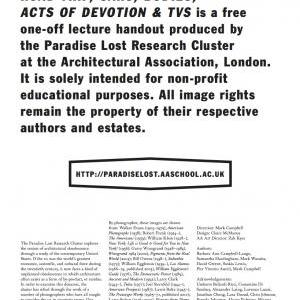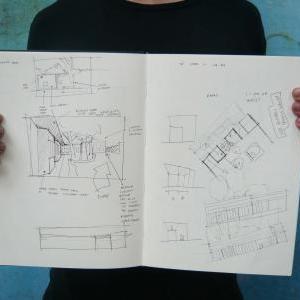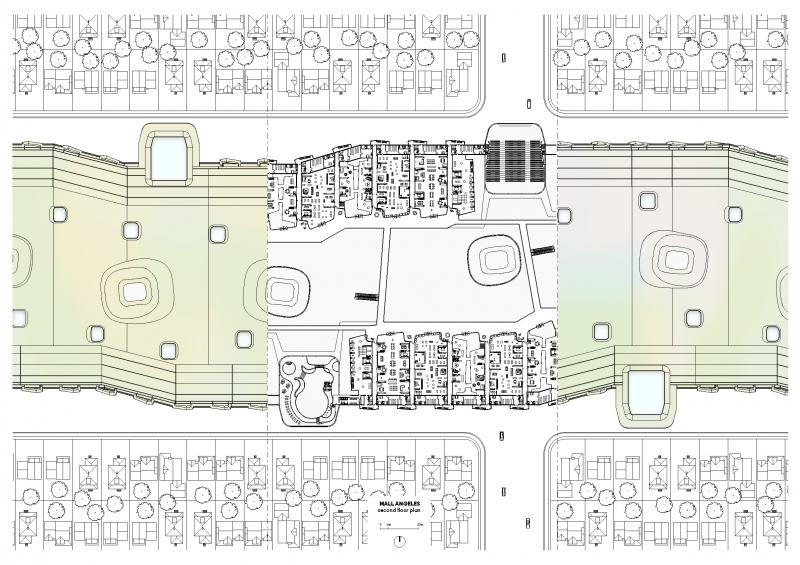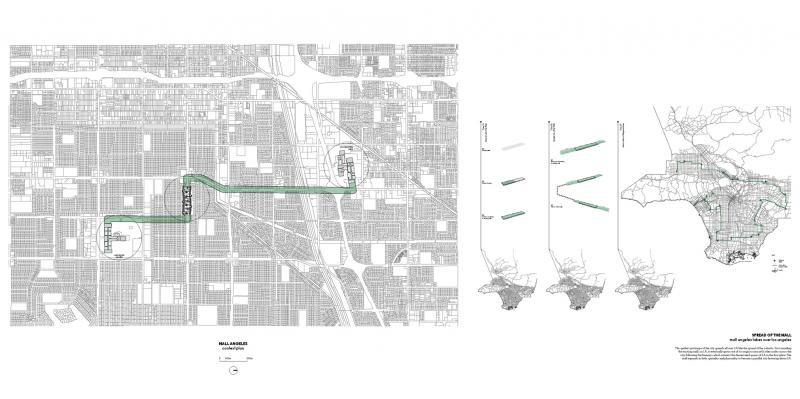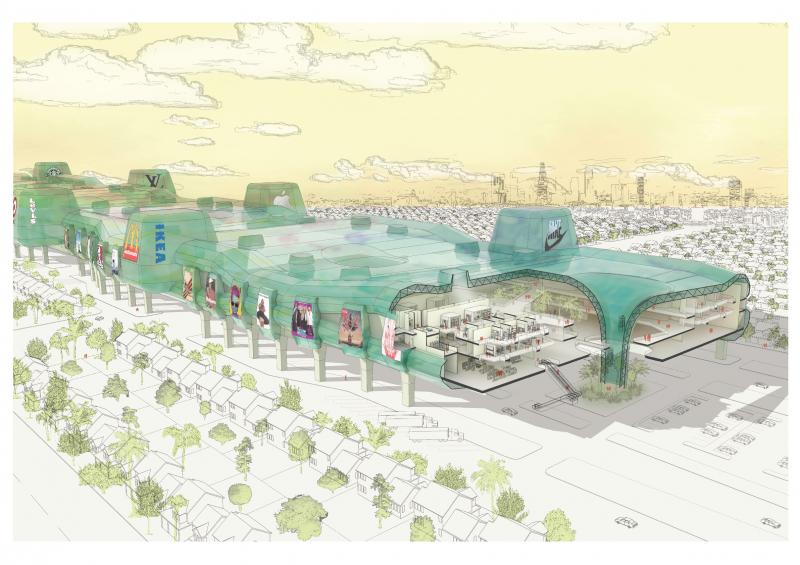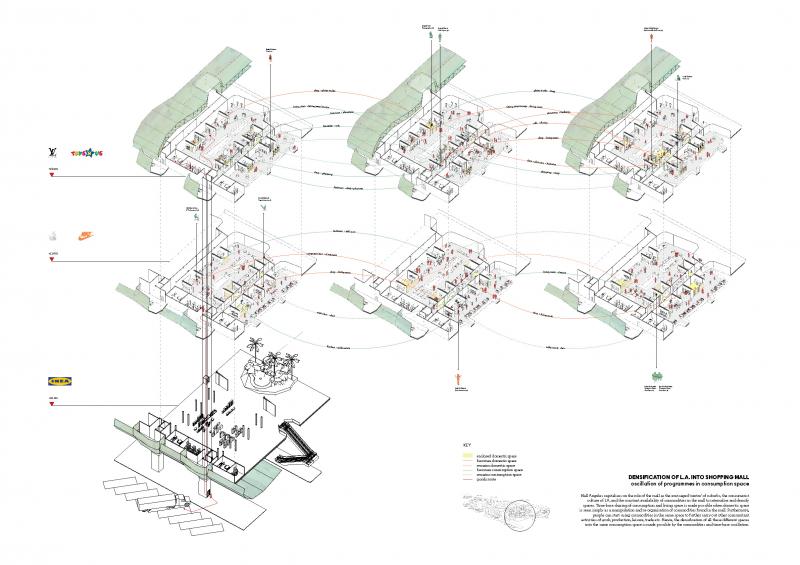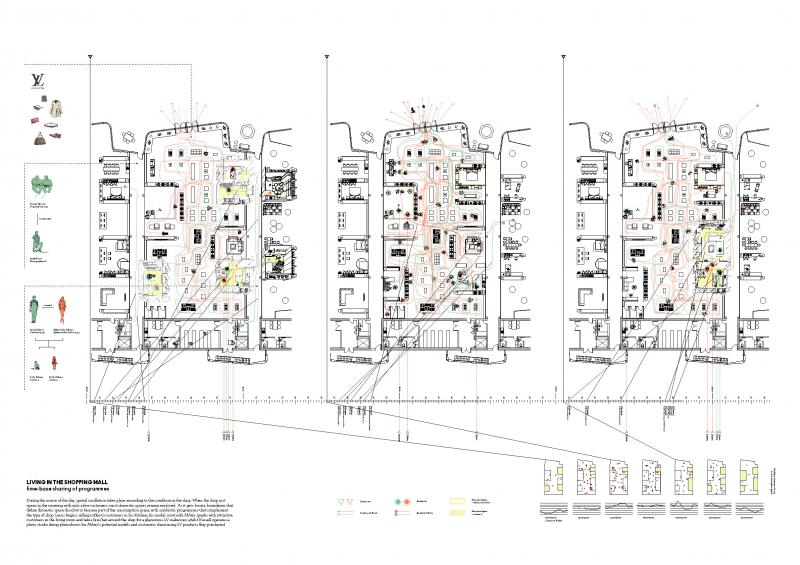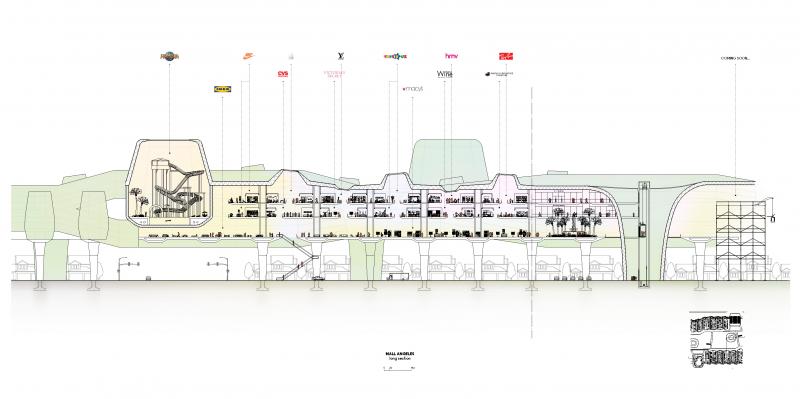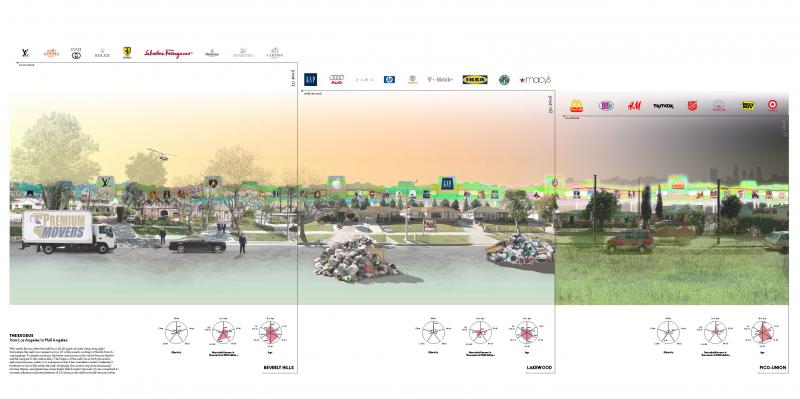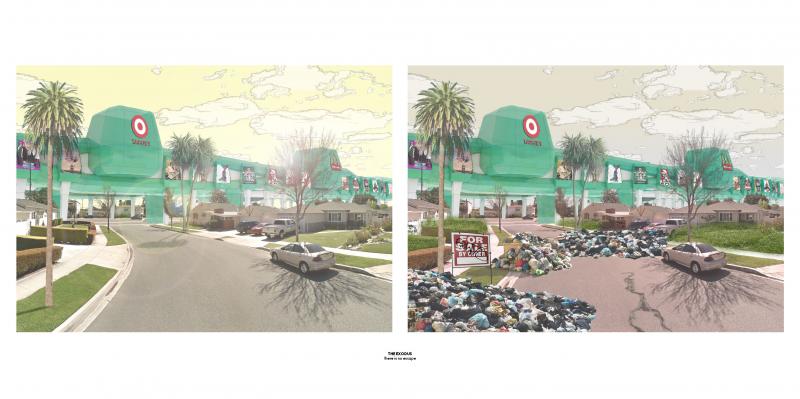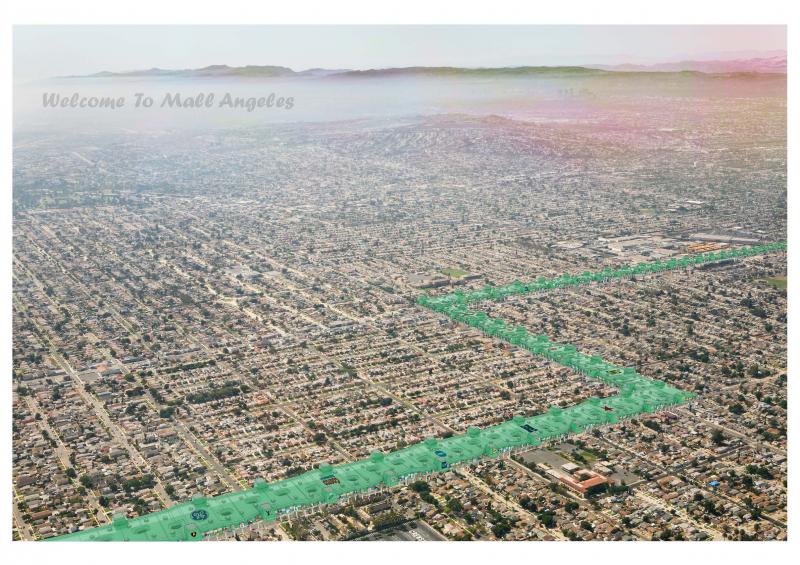In our increasingly globalised times where communications, trading and technology are characterised by an ever-expanding global outreach, there is a parallel tendency of the physical settings of large corporations and organisations to become increasingly self-contained and insular in the physical spaces they occupy. This paradox of partial autonomy has been the preoccupation of Diploma 2 throughout the year, initially setting out to analyse partly or fully self-governed territories. These studies informed and led to the design of deterritorialised autonomous blocks or enclaves constituting political societies that were to a certain extent independent from their context and maintained their own regulations, laws and customs. We travelled to Los Angeles and the Mojave Desert, along daily immigration routes, nature reserves, desert motels and congested metropolitan freeways. At these locations, we looked for places that would host and enable the independence of our proposals. This independence eventually came from locality, articulated spatial organisation, or the choice of programme. In terms of locality, Suram’s project addressed the tensions arising between two neighbouring ethnic communities on either side of a freeway by placing a controlled trading zone at their boundary.
In Dimitri’s project the international waters beyond the US coast provided an aqueous landscape where immigration laws could be bypassed, allowing for the creation of an autonomous IT campus. In terms of programme, Yijun proposed small-scale movie studios dispersed at various freeway intersections where through a public-private partnership scheme LA would directly construct its own fictions. In Teeba’s case a typical Californian motel would conceal hidden spaces accessed by clandestine groups operating in the larger metropolitan area, while Yiran attempted to alleviate the transition from incarceration to civil integration through a strategically placed long-stay visitor scheme at the edge of San Quentin prison. Olivia’s proposal investigated the diplomatic law that provides immunity within the premises of a consulate building – ultimately concealing the existence of a refugee camp. Natalia rethought the endless grid of the parking lot as a drive-through amusement car park, with the use of fiction and the hybridisation of programme exposing a new type of autonomy.
Unit Staff
Didier Faustino
Kostas Grigoriadi
Thanks to
Nuria Alvarez Lombardero
Charles Arsène- Henry
Benjamin Ball
Valentin Bontjes Van Beek
Roberto Bottazzi
Matteo Cainer
Barbara-Ann Campbell-Lange
Javier Castañón
Odile Decq
Ryan Dillon
Maria Fedorchenko
Kenneth Fraser
Francisco Gonzales de Canales
Oscar González
Evan Greenberg
Eugene Han
Karsten Huneck
David Illingworth
Tobias Klein
Tyen Masten
Pascal Mazoyer
Alfonso Medina
Rene Peralta
Christopher Pierce
Pablo Ros
Theo Sarantoglou Lalis
Marilia Spanou
Theodore Spyropoulos
Brett Steele
Naiara Vegara
Carlos Villanueva Brandt
Andrew Yau
Nicos Yiatros
Kostas Zaverdinos
Peter Zellner
Grace Chan
The city of Mall Angeles, where living in the mall has finally become reality. Mall Angeles internalises and densifies spaces of different functions which are severely demarcated in Los Angeles into consumption space, to create a much more intense spatial experience than L.A. Better still, living in a city of augmented consumerism means that the excessive influx of commodities supports and enhances every activity desired. You can buy everything here; you can do everything here; you don’t ever have to leave this utopia. And who needs the city when Mall Angeles has it all; all spaces of work, sleep, shop, play? Everywhere Mall Angeles runs rampant across L.A. is like a leech sucking out the life from its surroundings as people move into the better city. Eventually, the context stops functioning and existing. L.A. is dead, the only place left to go is the Mall. Welcome to Mall Angeles.
